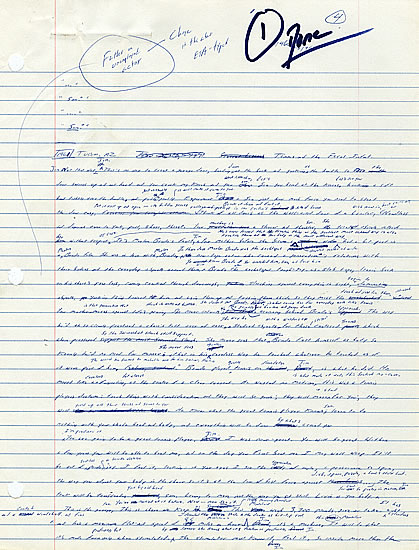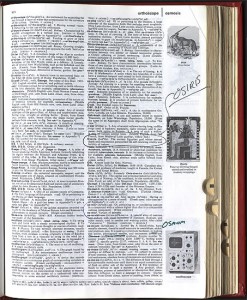The Rumpus has an interview I did with the brilliant British novelist David Mitchell. Read it here.
After the interview, he pulled a slim volume from his rucksack and read me his favorite poem in the world, “Lying in a Hammock at William Duffy’s Farm in Pine Island, Minnesota” by James Wright.
Over my head, I see the bronze butterfly,
Asleep on the black trunk,
Blowing like a leaf in green shadow.
Down the ravine behind the empty house,
The cowbells follow one another
Into the distances of the afternoon.
To my right,
In a field of sunlight between two pines,
The droppings of last year’s horses
Blaze up into golden stones.
I lean back, as the evening darkens and comes on.
A chicken hawk floats over, looking for home.
I have wasted my life.
About the poem Mitchell said,”It’s quite possibly impossible to say what’s transcendent about the transcendent, because that’s why it’s transcendent. I could spend eight hundred words why that poems gives me goose bumps every time I read it, but the ambiguity of the last line—that he has and he hasn’t wasted his life, because he realizes it, at least—I’ve felt that too, but I could never have said it. It reduces you to bumbling, stumbling inarticulacy.”
More about the poem: “I gave a lecture once on the imagination at the University of Leuven in Belgium, at which the mayor of the city and the British and Japanese ambassadors were all present. Without giving them any warning, I invited them up onstage to read from three poems in their own languages about the imagination, and this was the poem I made the British ambassador read.”
“You made the British ambassador say, out loud, in public, ‘I have wasted my life’?”
“It was my finest hour.”







